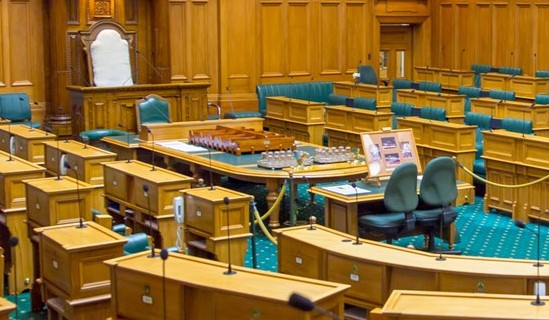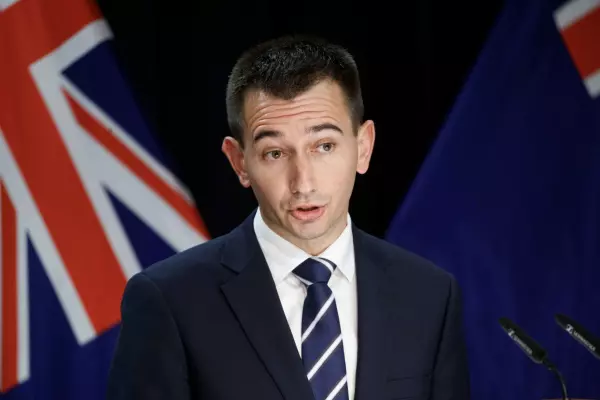OPINION: Bigger issues in Matthews petition can't be ignored

The gathering storm over the firing of former Auditor-General Martin Matthews is not going to be easy for the government to ignore.
It is an employment matter and Prime Minister Jacinda Ardern is right to not wade in, but the broader constitutional implications are far more important and are unlikely to quietly slip from view.
When the likes of former Supreme Court judge Sir Kenneth Keith and former Auditor-General Brian Tyler put their name to a petition backing Matthews and calling for additional employment protections for Officers of Parliament – the independent “watchdog” roles of Auditor-General, the Ombudsman, and the Parliamentary Commissioner for the Environment – we should take notice.
The prime minister may be right that it’s not her role to “cast a judgement” on how a cross-party select committee in the dying days of the previous Parliament handled its review of Matthews’ on-going suitability as Auditor-General.
But someone is going to have to.
It’s pretty clear that by August 2017, Parliament – for reasons probably right and wrong - had lost confidence in Matthews as Auditor-General.
A year earlier, Joanne Harrison, a former senior executive of Matthews’ at the Ministry of Transport, had been arrested for defrauding the organisation of more than $700,000. This was well-known to the same select committee which questioned him on it in September 2016 before subsequently recommending his appointment as Auditor-General, which took effect that December.
But by May the following year, members of the current government were seeking at least a review of the appointment, which Matthews then formally requested, expecting it to exonerate him and confirm his suitability to remain Auditor-General.
In the eyes of the Officers of Parliament Select Committee it did not.
The unfortunate truth in all of this is that no-one comes out of it well.
Matthews’ experts say he did all the right things when the risk of fraud was discovered in April 2016 and before in his dealings with Harrison’s earlier breaches of ministry rules in 2013 and 2014.
And he’s right that those earlier ‘red flags’ glow brightly after the event; less so at the time.
But that is exactly why organisations have basic – and supposedly fixed - rules about the need for written contracts, systems for verifying receipt of services paid for, and separate approvals for executive expenditure. And they are meant to apply irrespective of whether the CEO – or others in an organisation - consider the transgressor a trustworthy, capable and effective senior executive.
The rules are there to protect everyone.
Parliament, and its select committees, are also meant to act within their own rules. The findings of reviewer Sir Maarten Wevers, who put great emphasis on the importance of the credibility and judgement of those holding the office of Auditor-General, were shared with Matthews. But his camp say the committee paid scant attention to the many aspects of the findings they took issue with, some of which they say are factually wrong.
“They didn’t ask any questions about anything that we had said in response to the Wevers report,” Mary Scholtens, the QC who advised Matthews before the committee, told journalists this week.
“It’s not forensic. There was just no real interest in getting to the facts.”
More damning is politicians demanding the resignation of an independent watchdog under the threat that they will be removed from office on the basis that they are unable to continue due to medical disability – a claim denied by Matthews. The only other grounds for removal are bankruptcy, neglect of duty or misconduct.
Speaker Trevor Mallard, who chairs the current committee and was a member at the time of Matthews’ dismissal, is refusing to comment.
Scholtens said representations were last year made to both Mallard and Attorney-General David Parker.
Parker declined to get involved. The issue had already been appropriately addressed to the Speaker and the select committee, and he needed to remain independent so that he could provide legal advice to the house, his office said this week.
Scholtens said she wrote to Prime Minister Ardern as one of the “few key people” she thought could be persuasive in getting the issue looked at.
But if the Prime Minister isn’t prepared to act, who will?
Comments













